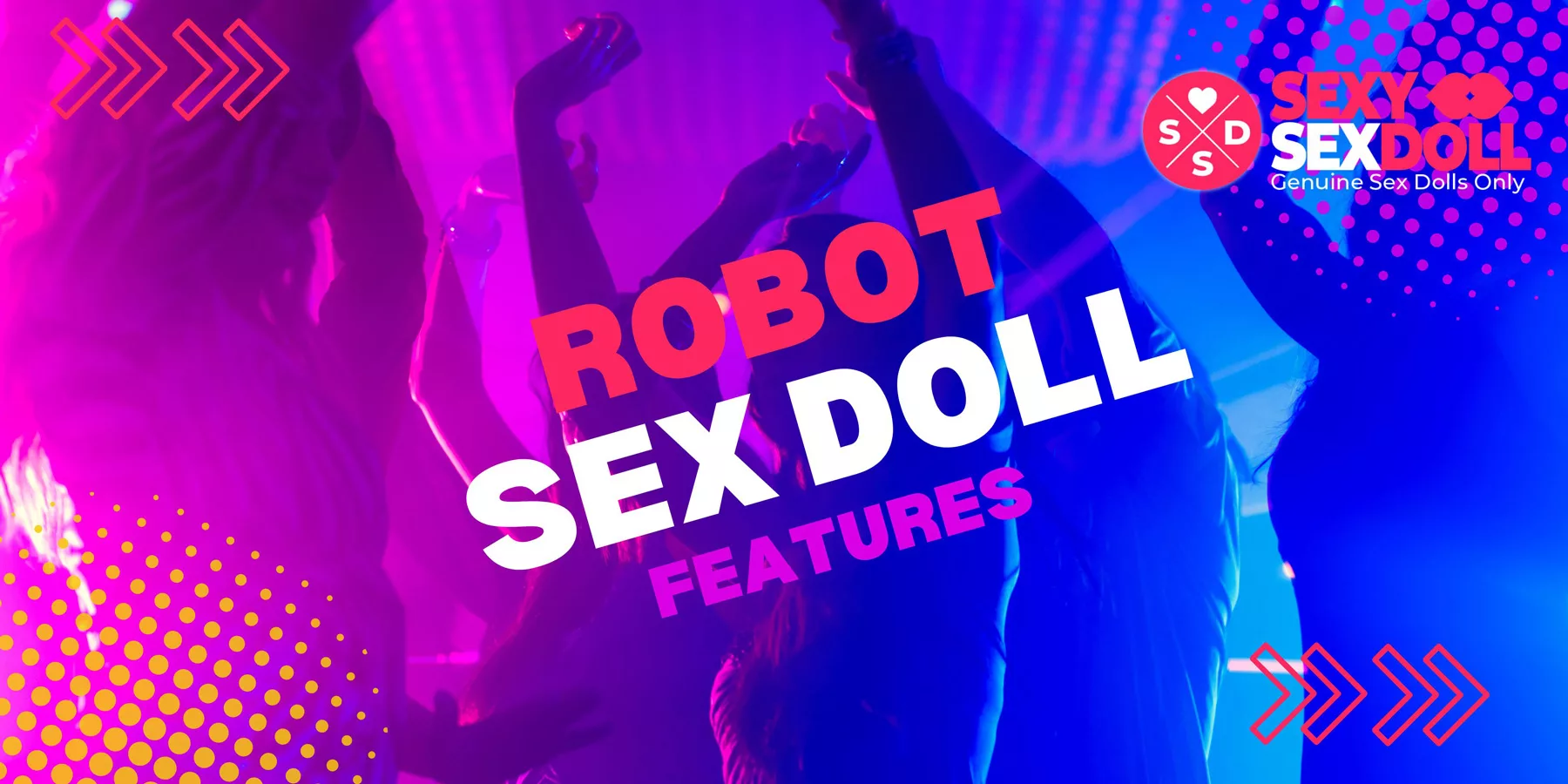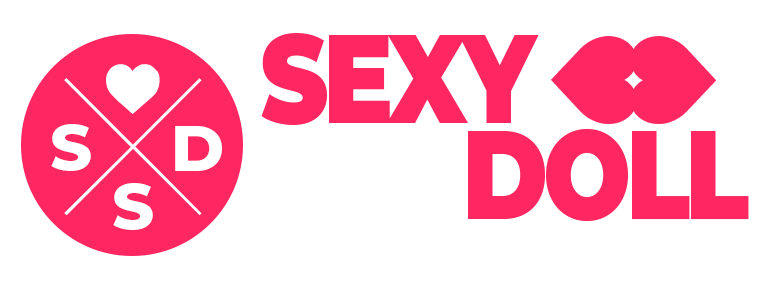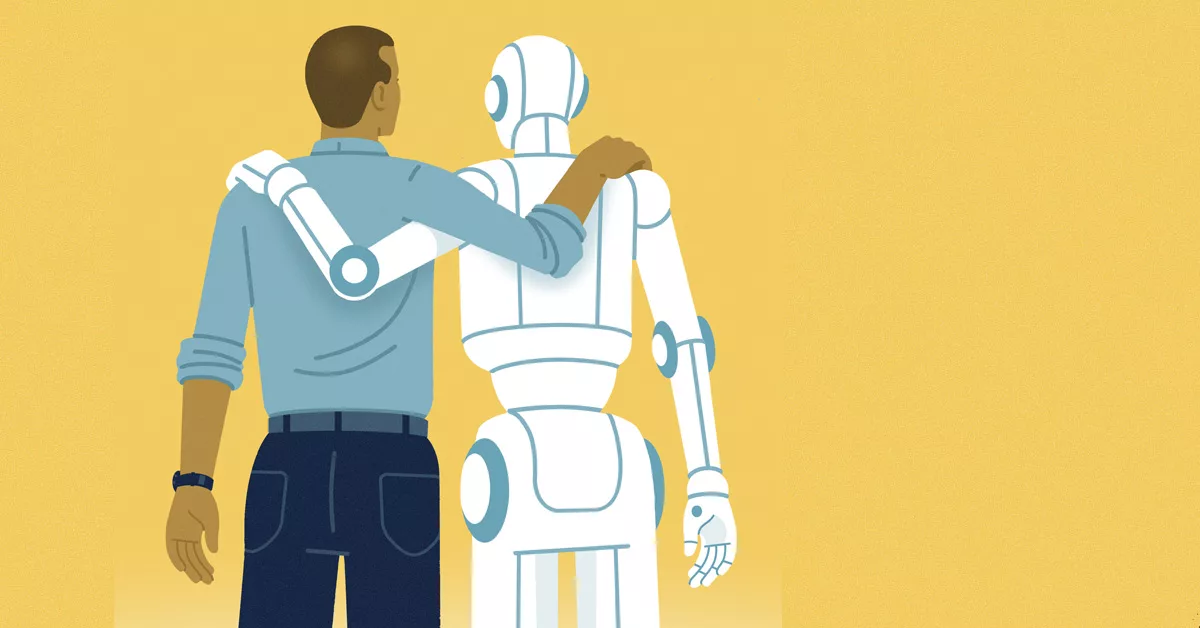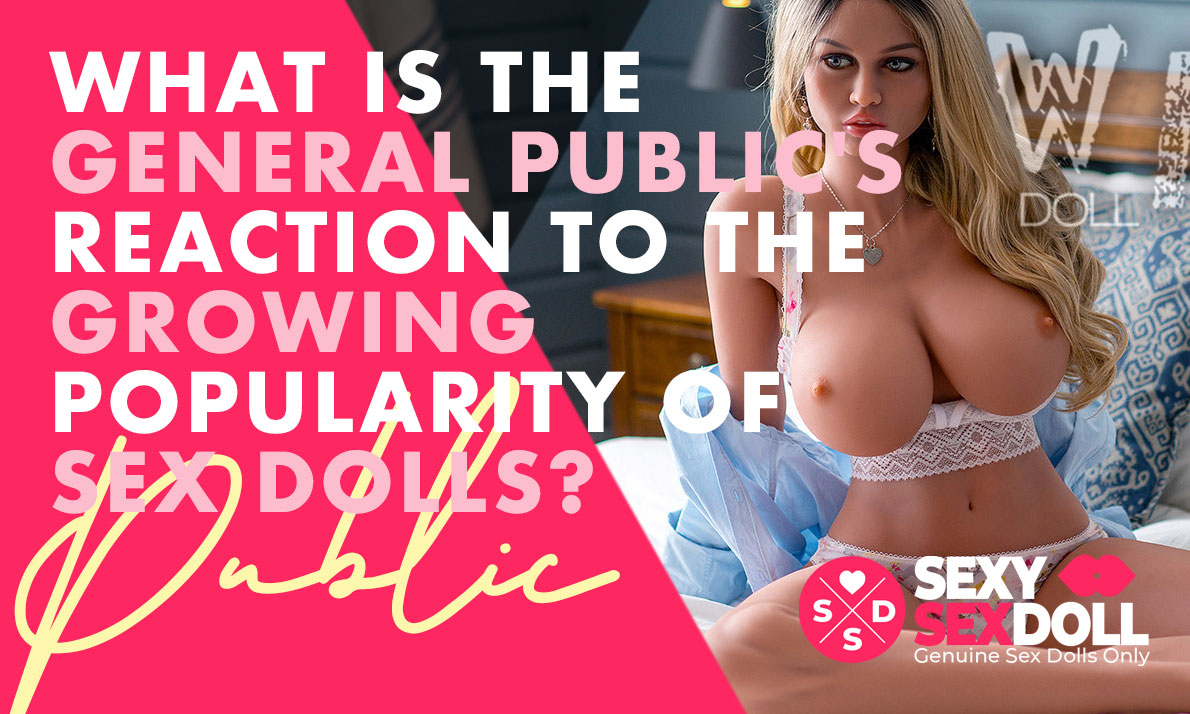Beginning of a Global Discussion
The Guardians of Freedom of Expression
Freedom of expression, enshrined in international laws, remains a cornerstone of democratic societies. However, the rapid advancements in digital technology have complicated its preservation. Stakeholders in internet governance include international bodies like the UN, governmental institutions, civil society, and the private sector. Together, they shape the regulations and practices that define internet use. For instance, the UN Human Rights Council continues to affirm the importance of applying the same rights offline as online, amidst calls from organizations worldwide for universal access to free communication channels.
The Role of International Instruments
International instruments, such as the Universal Declaration of Human Rights, play a pivotal role in this negotiation by setting high standards for member countries to follow. These instruments advocate internet freedom, urging nations to halt excessive censorship and surveillance practices. The ongoing negotiations aim at minimizing governmental intrusion while ensuring robust security measures are in place to protect against cyber threats.
Players and Tactics in Internet Governance
Internet governance encompasses a variety of entities, each pushing their agendas through distinct strategies. It’s a tug-of-war where the grips are tightening around three key elements: regulation, inclusivity, and innovation. Governments often favor state-control models to regulate content and ensure national security. Meanwhile, private tech giants and NGOs strive for a decentralized system that privileges transparency and user rights.
Governmental Influence
Many governments, citing security and societal protection, have instituted laws reminiscent of censorship. The UK’s Online Safety Act, for instance, is designed to safeguard users, yet it walks a fine line between protection and restriction, granting regulators the authority to decide what content is permissible online. Similar laws in other countries reflect a growing trend towards tightening control over digital narratives.
Marketplace of Ideas: The Private Sector
The private sector, particularly tech giants like Google and Facebook, advocates for a free-market approach where innovation thrives unencumbered by heavy-handed regulations. Their lobbying efforts aim to protect internet neutrality, fostering environments where new technologies, like those seen in the sex doll industry, can emerge without undue interference.
Case Studies in Internet Regulation
To truly grasp the state of internet governance, we must delve into real-world cases. Each example illustrates the tug-of-war between freedom and control.
The European Union’s Digital Services Act
The EU’s Digital Services Act exemplifies the effort to create a balanced digital ecosystem. It sets clear obligations for platforms to combat illegal content effectively, while simultaneously protecting users’ fundamental rights. Critics argue it places excessive power in the hands of bureaucrats, potentially stifling expression.
China’s Cybersecurity Law
China’s approach is vastly different, highlighting a state-controlled model prioritizing digital sovereignty over openness. Its Cybersecurity Law enforces strict regulations on data flows and content, effectively curbing foreign internet influence, and marking a stark contrast to Western models of openness.
The Global Digital Compact
The Global Digital Compact (GDC), anticipated to be a groundbreaking initiative, aims to establish a shared vision for a trusted, open, and secure internet. Negotiations involve synchronization between governmental, private, and public interests. As it stands, the GDC seeks to address disparities in digital access and create a cohesive framework adapted to digital-era challenges including privacy concerns and digital equity.
The Influence of Artificial Intelligence
Artificial Intelligence (AI) adds another layer of complexity to internet governance. As AI technologies evolve, their role in content moderation and data privacy comes under intense scrutiny. The Sex Doll industry, a technological vanguard in AI-infused personal robotics, reveals ongoing debates about ethical AI use. Such technologies demand regulatory oversight to ensure they align with human rights principles while fostering innovation.
AI and Ethical Use in Internet Governance
The use of AI in monitoring and content regulation opens debates about bias and accountability. As seen in recent studies, AI algorithmscan inadvertently perpetuate existing biases unless carefully calibrated. Initiatives such as the AI Ethics guidelines call for transparency and fairness in algorithms to protect user rights while enabling AI’s potential. This dual focus on innovation and ethics informs many negotiations in online freedom.
Challenges in Ensuring Online Human Rights
Concurrently ensuring freedom and security poses a significant challenge in internet governance. The frequent balancing act involves maintaining openness while instituting measures to deter cybersecurity threats. Efforts like the UN Summit of the Future aim to bolster international cooperation in crafting resilient, inclusive digital policies. Innovative frameworks need to bridge the gap between security needs and user rights entitlement.
As negotiations for online freedom rage on, the world stands at a crossroad. Whether through the influence of AI, state control, or inclusive governance models, the final outcome hinges on finding equilibrium between innovation and regulation. For stakeholders in all sectors, remaining vigilant and proactive is essential. The digital domain must leverage cross-sector cooperation to ensure that internet rights remain robust, adaptable, and universally respected.
FAQs about Internet Governance 2025
What is the Global Digital Compact (GDC)? The Global Digital Compact is an international initiative aimed at establishing common principles and standards to ensure a secure and open internet across nations.
How does AI influence internet rights? AI plays a crucial role in content moderation, data processing, and privacy, influencing legal and ethical debates on internet usage and governance.
What challenges do we face with multi-stakeholder internet governance? Balancing different interests—from safeguarding freedom of expression to ensuring cybersecurity—is complex in a multi-stakeholder model where businesses, governments, and civil societies have varied priorities.
How are human rights incorporated into digital governance? International declarations and guidelines reinforce the protection of rights like privacy and free expression, translating offline rights into the digital realm.










